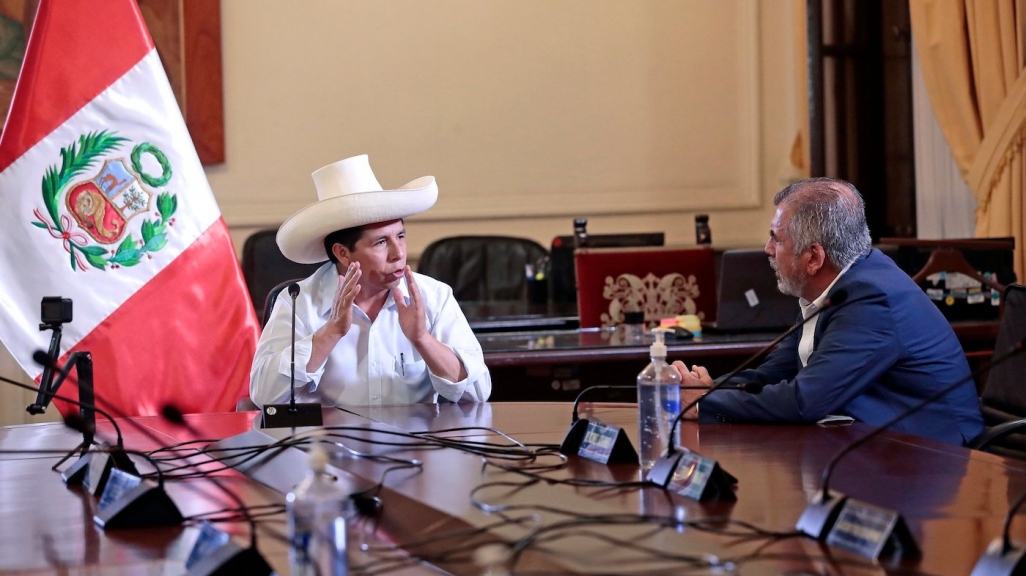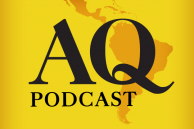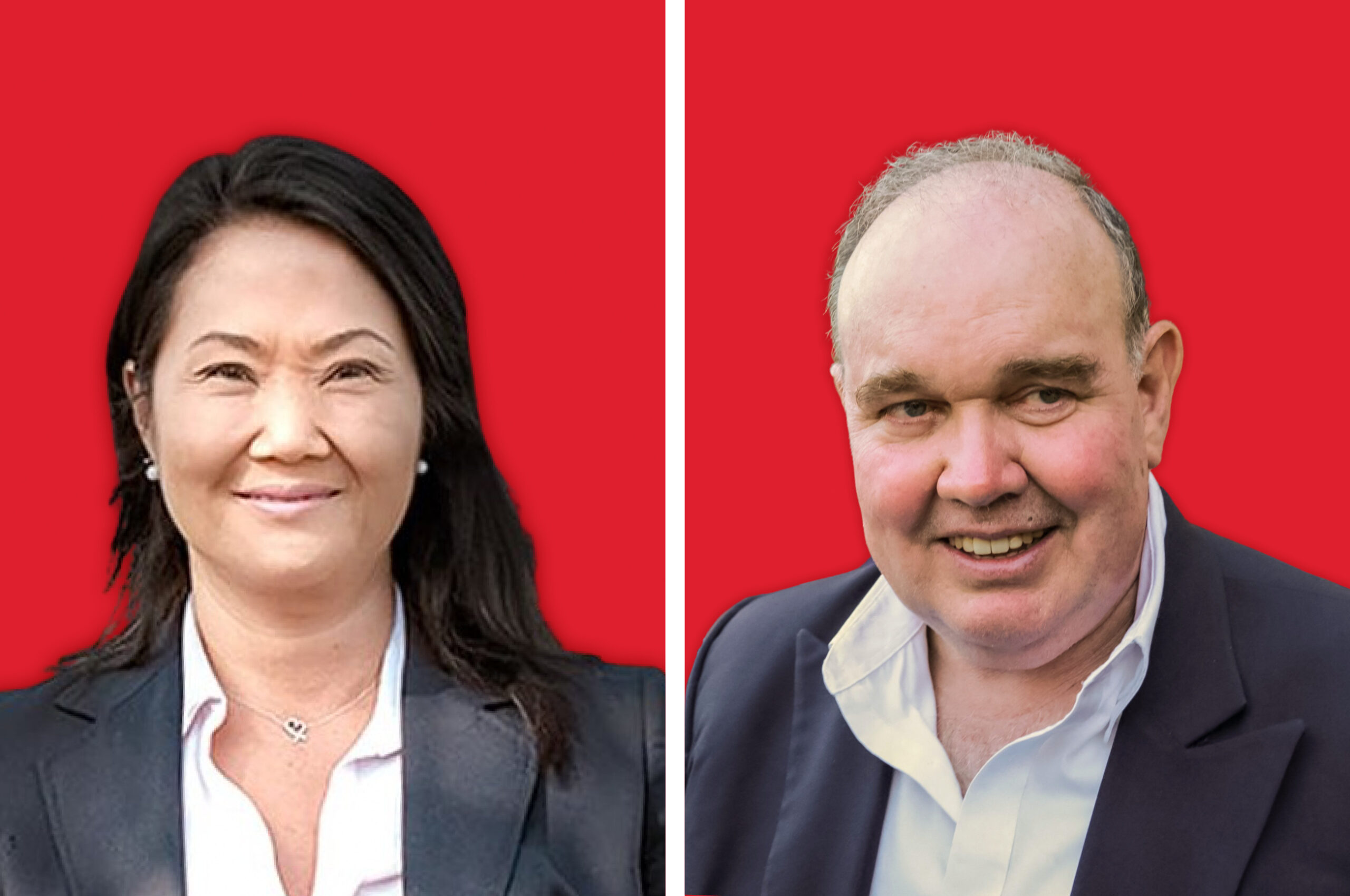Six Notable Pedro Castillo Quotes as He Hits Six Months in Office
Six Notable Pedro Castillo Quotes as He Hits Six Months in Office
The Peruvian president waited until he was half a year into his term to talk with the media. We look at some of his more indicative quotes.
Pedro Castillo took office on Peru’s bicentennial, July 28, 2021. Then he was a bit of a ghost for several months, avoiding public speaking and media interviews. He also kept his meetings and list of guests at the presidential residence under wraps—something that’s gotten him in hot water with prosecutors given laws about public records.
But then the elementary school teacher-turned-president sat down with journalist Cesar Hildebrandt for an interview released January 19 that was the first of his presidency. A few days later he did the same with Nicolás Lucár, which was then followed by his first international media interview—with CNN International’s Fernando del Rincón.
With January 26 marking Castillo’s first six months in office, we look at six notable statements from the interviews.
How to explain the administration's oddly quiet start – and what to expect in the months ahead.
For ten years, El Chasqui delivered a semi-regular roundup of news—from election coverage to economic issues to start-ups.










